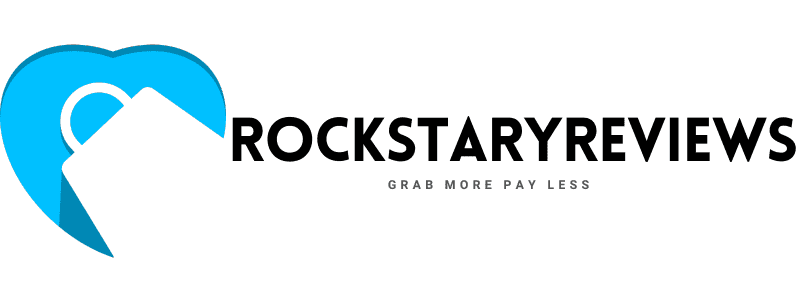
Amazon is hosting more than 2,000 science interns at locations around the world, marking the company’s largest class of science interns. The majority of students are interning in applied science roles, followed by data science and research science.
Amazon offers science internships year-round. Projects depend on a student’s area of research and interest, as well as the team to which they’re assigned. The majority of the company’s science-related internships last between 12 and 16 weeks.
Science interns at Amazon have the opportunity to work on everything from developing algorithms that reduce the communication cost to train massive, sparse datasets to utilizing machine learning to add missing data for product listings in the Amazon Store.
Interns also go on to become full time Amazon scientists and, of those who do, many also went through more than one internship with Amazon.
Amazon Science talked with a current repeat intern — Alexander Tolbert, who is pursuing his PhD in philosophy at the University of Pennsylvania — to find out what he is working on and get his advice for other potential science interns.
Tolbert, who learned of Amazon internship opportunities from fellow graduate students, notes that his research interests include machine learning, causal inference, and algorithmic fairness.
“My graduate education is in philosophy and statistics, so my research is around the intersection of fairness and machine learning and statistics,” he explained. “My fundamental interests are these normative questions around equality and discrimination and finding proposed solutions to those questions that have clear policy implications. I use my training in philosophy and statistics to inform and criticize the design of algorithms and models to avoid harms of discrimination and bias.”
His Amazon internships — both under Peter Hallinan, senior manager of applied science in Amazon Web Services — enabled him to put his research interests into practice. His first internship involved identifying gaps in ML models by having bias “bounty hunters” find groups that the model might perform poorly on, and then improving the model based on those findings.
In his second internship, Tolbert is helping to create a framework to guide ML application builders at every step in the process in order to mitigate potential bias.
“I’m collecting case studies of ML applications that have been implicated in causing substantial harm by failing to meet norms of fairness, explainability, or privacy,” he said. “Each case study includes things like specifics about the usage, the use case, and the ML solution involved, including information about the designers, the deployers, the developers, operators, and the problems they were attempting to solve, who the stakeholders were, and various tradeoffs between fairness, explainability, and privacy.”
Tolbert and his team are also exploring the root and proximate causes of the harm, how the harm might have been prevented, as well potential non-AI solutions.
“ML application builders lack a framework that helps them prevent problems with transparency, privacy, and fairness. We’re trying to create a useful framework that provides guidance for design, deployment, development, and operations.”
[My internship] has been super valuable in terms of shaping not only my intellectual interests, but what I actually want my career post PhD to look like.
Tolbert said his dual internship experiences have opened his eyes to the possibility of working within industry.
“It’s been great,” he said. “It has been super valuable in terms of shaping not only my intellectual interests, but what I actually want my career post PhD to look like.”
Tolbert said he advises others considering an internship to maximize their experience by utilizing not just the expertise of the scientists and researchers they interact with, but also other interns.
“You’re around so many smart people, not just your team members, but the other interns as well,” he said. “I would say just have a collaborative spirit. Even though you might be working on something that seems very narrow, there’s so many science talks and things that I go to that help inform, not just the research project that I’m doing in my internship, but contribute to broadening my intellectual interests. There are so many resources at Amazon and so many smart people that I would encourage folks to avail themselves of while they’re doing their internship.”









